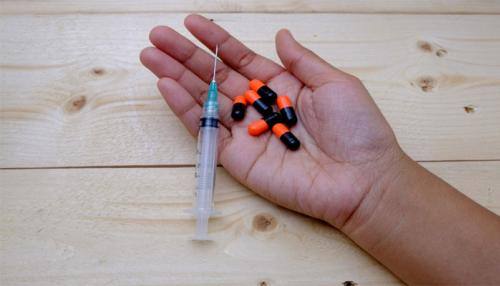- News>
- Health
Hormone therapy for prostate cancer ups depression

Elderly men being treated with hormone therapy for prostate cancer are likely to experience an increased risk of depression, a study has found.
New York: Elderly men being treated with hormone therapy for prostate cancer are likely to experience an increased risk of depression, a study has found.
Researchers have found a significant association between depression and patients being treated for localised prostate cancer (PCa) by androgen deprivation therapy (ADT).
"We know that patients on hormone therapy often experience decreased sexual function, weight gain and have less energy -- many factors that can lead to depression,” said senior study author Paul Nguyen from Brigham And Women's Hospital in the US.
“After taking a deeper look, we discovered a significant association between men being treated with ADT for PCa and depression," Nguyen added in the paper published online in the Journal of Clinical Oncology.
This is a completely under-recognised phenomenon.
The team analysed 552 men over the age of 65 with stage I to III PCa from 1992 to 2006 of 78.
They investigated the association between ADT and a diagnosis of depression or confirmation of inpatient or outpatient psychiatric treatment and compared to patients who did not receive the therapy.
"It's important not only for patients to know the potential side effects of the drugs they're taking, but also for the physicians to be aware of this risk in order to recognise signs of depression in these patients and refer them for appropriate care," Nguyen explained.
They found that the patients who received ADT had higher incidences of depression and inpatient and outpatient psychiatric treatment.
The results revealed that patients who received ADT had a 23 percent increased risk of depression, a 29 percent increased risk of inpatient psychiatric treatment and a seven percent increased risk of outpatient psychiatric treatment.
